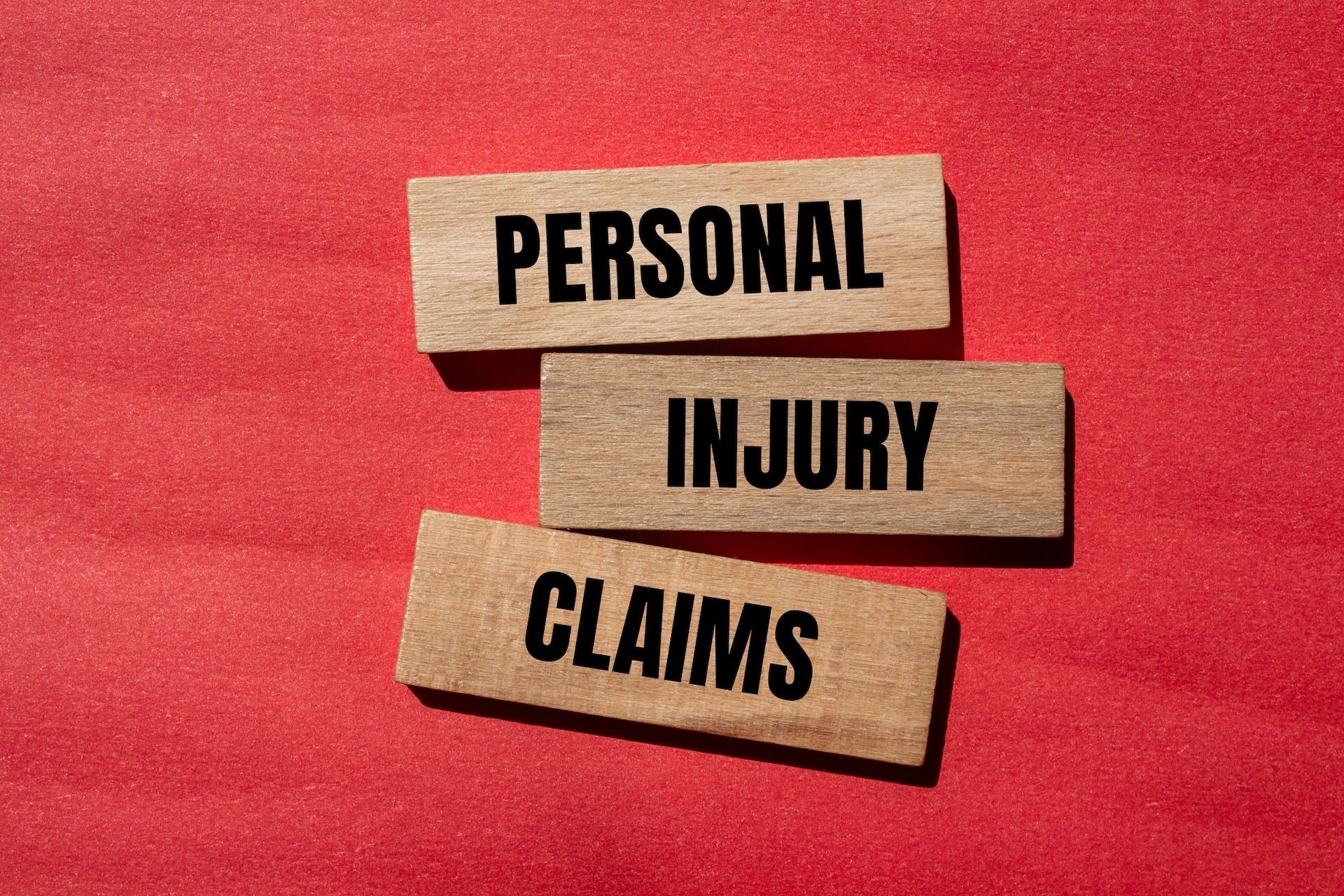5 Important Questions Life Care Planners Should Be Ready to Answer

Personal injury lawyers use life care planners to prove future damages for clients who have suffered catastrophic injuries or other seriously disabling conditions. The lawyer who retains a life care planner as an expert witness should make sure that the witness is prepared to answer crucial questions on either direct or cross-examination.
The Role of Life Care Planners as Expert Witnesses
Life care planners provide expert testimony that quantifies the cost of future expenses that an injury victim will likely incur because of a disabling injury. In addition to future medical expenses, life care planners examine the cost of coping with a disability. They ask whether the victim’s environment can be modified to help the victim regain some of the pleasure of life that the victim enjoyed before the injury occurred.
Experts in the field of life care planning have reached a consensus regarding the standardized methodologies that support reliable opinions about life care plans. Life care planners rely on sufficient facts, including functional capacity evaluations and other medical evidence, to determine the limitations that are imposed by disabilities. They then conduct a thorough investigation to determine the financial burden of coping with those disabilities.
The life planner’s goal is to make a plan that will allow the injury victim to have a life that is similar in quality to the life the victim would have enjoyed if the disability had not occurred. Life care plans consider both medical and nonmedical needs that must be met to make the victim whole. Those needs depend upon the specific facts of the case.
Expert life care planners assess needs by consulting with healthcare workers, reviewing medical records , interviewing the injury victim and his or her family members, and researching databases that provide estimates of relevant costs. The result is a detailed life care plan that provides a reliable estimate of the expense an accident victim will need to recover to be made whole.
Questions Life Care Planners Should Be Prepared to Answer
After preparing a report, life care planners often testify in depositions. When cases do not settle, they testify in trials. They must be prepared to face aggressive cross-examination. Here are some of the questions that lawyers who hire life care planners should make sure their expert witness is ready to answer.
1. Where did you find your estimates of future medical expenses?
A jury can award future medical expenses that are usual, customary, and reasonable. Consistently choosing the most expensive care to inflate the cost of future medical expenses will harm the expert’s credibility and might result in inadmissible opinions. Experts should use reliable databases identifying actual costs of care in the relevant geographic area. An economist may need to explain how medical inflation and present value calculations should affect those costs.
The expert should also explain whether cost projections for medication were based on brand name or generic drugs. To avoid accusations of inflating damages, estimates should be based on generics when they are available.
2. Did you take account of preexisting injuries?
Defendants are not responsible for disabilities that existed before the accident unless the accident aggravated those disabilities. Some accident victims have preexisting injuries that cause residual disabilities. A life care planner should take care to separate disabling injuries that are related to the accident from disabilities that were caused or worsened by the accident. A life care plan that includes funding to cope with injuries that are unrelated to the accident might be inadmissible as evidence. At best, it will give defense counsel a means of attacking the life care plan and the credibility of the expert witness who prepared it.
3. Did you take account of post-accident injuries?
Like preexisting injuries, defendants are not liable for post-accident injuries unless they are related to the injuries caused by the accident that is the subject of the lawsuit. Life care planners must take care to separate out needs related solely to new injuries. Including the expense of coping with new injuries in a life care plan will expose the life care planner to damaging cross-examination.
4. What medical records did you review?
Life care planners should review all medical records that might be relevant to the injury. Records of treatment before the accident might reveal evidence of a preexisting condition. Recent records, including records prepared between the expert’s deposition and trial, might have an impact on the expert’s opinion. A life care planner should be prepared to address those records on direct or cross-examination.
The life care planner’s review should also include the results of an Independent Medical Examination that was requested by the defense. If the treating physician’s opinions are in conflict with opinions stated in an IME, a life care planner should be prepared to explain why the life care plan was based on the treating physician’s reports, or on the IME, as the case may be.
The life care planner should readily admit that expert opinions are shaped by facts, and that a different view of the facts could result in a different opinion. It is up to the jury to decide which facts are correct. The life care planner should therefore be prepared to explain how the planner’s opinion might change if the opinion were based on different medical evidence. A stubborn insistence that only one view of the evidence could possibly be correct might impair the expert’s credibility.
5. Did you observe the injury victim in his or her home?
Life care planners base their opinions about an injury victim’s limitations on medical evidence, but it is important to supplement that evidence with personal observations. Spending time with the victim in his or her home will help the planner understand how limitations in functional capacity measured in medical reports translate into real world limitations. The failure to make those observations might suggest that the expert placed excessive reliance on medical records and gave insufficient attention to the victim’s real-life struggles.
When life care planners are retained by the defense, they might not have access to the plaintiff. They should nevertheless request a meeting so that they cannot be accused of not gathering evidence that might contradict their opinions.
Disclaimer: The information on this website and blog is for general informational purposes only and is not professional advice. We make no guarantees of accuracy or completeness. We disclaim all liability for errors, omissions, or reliance on this content. Always consult a qualified professional for specific guidance.








